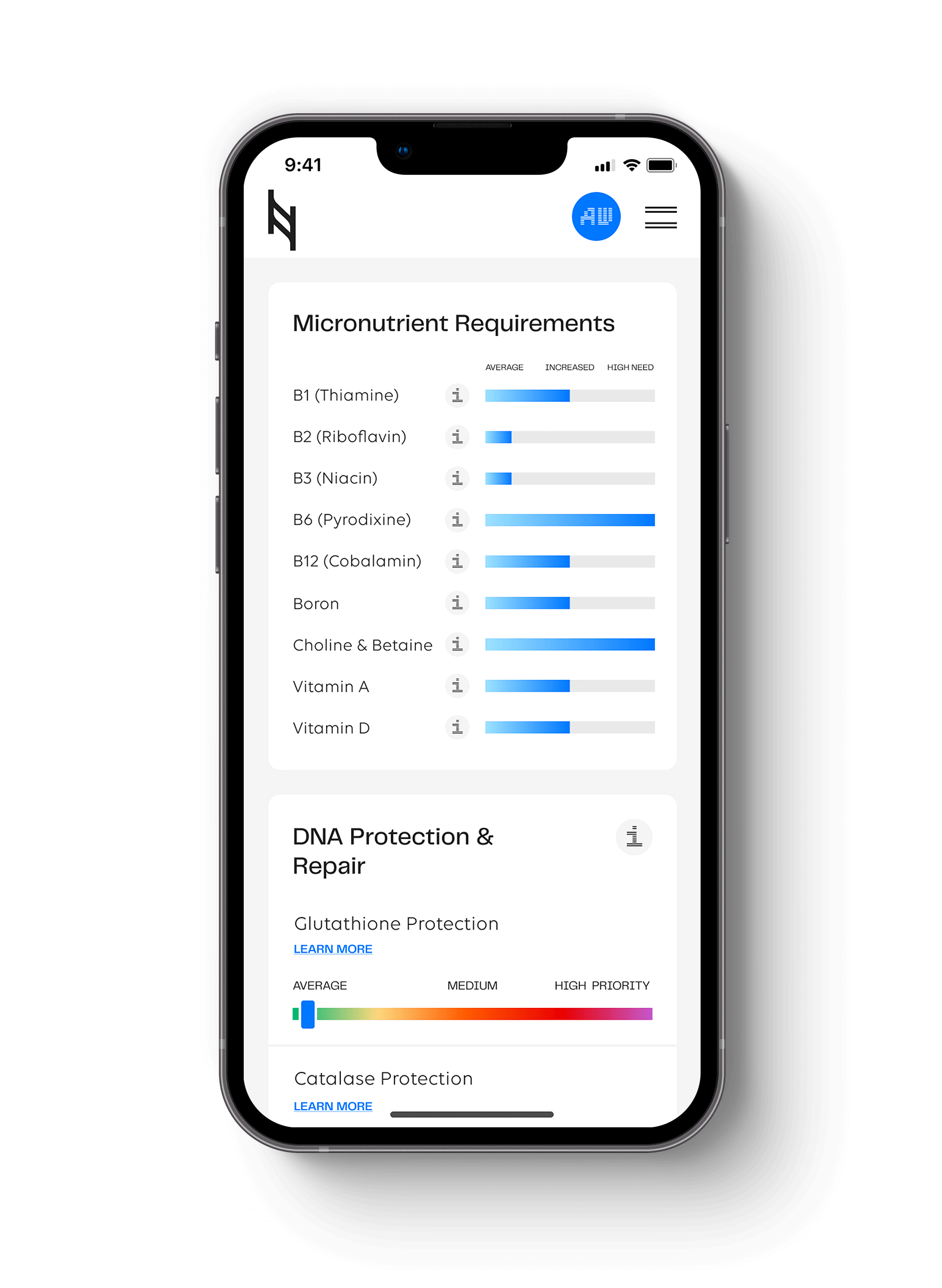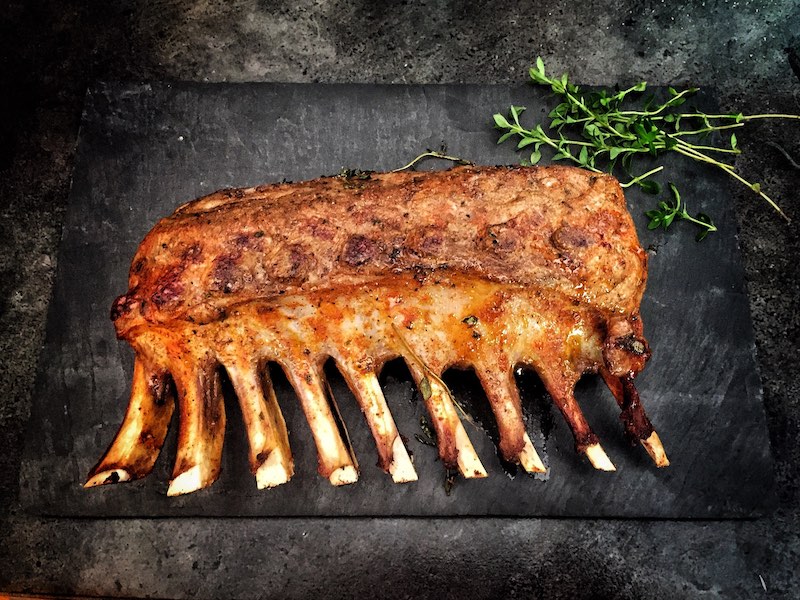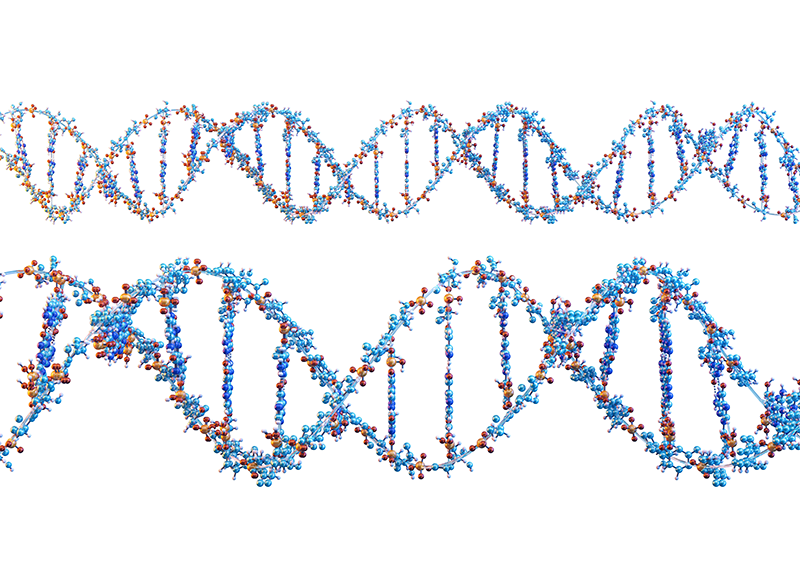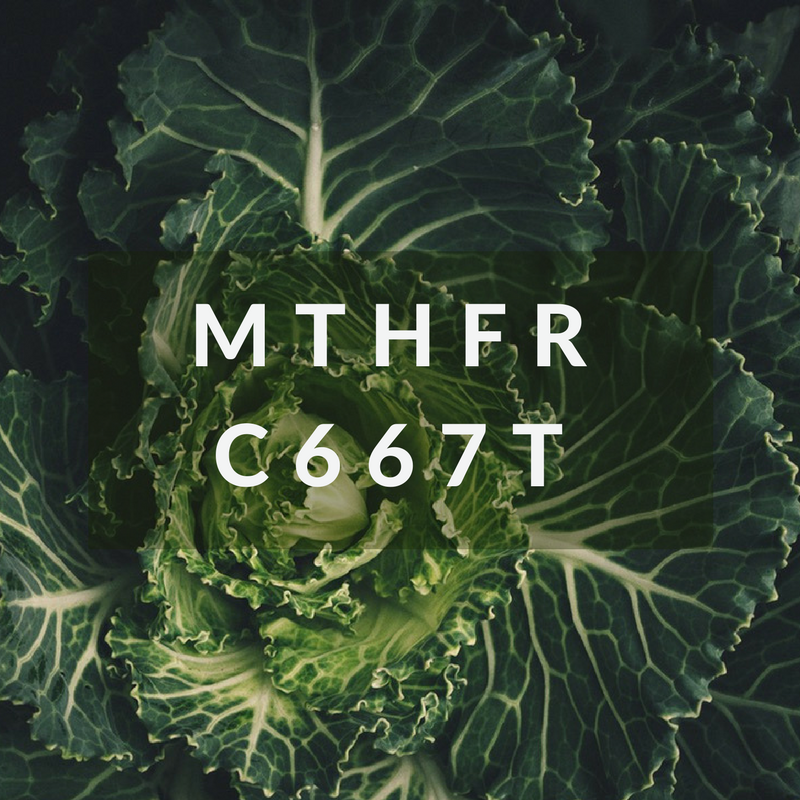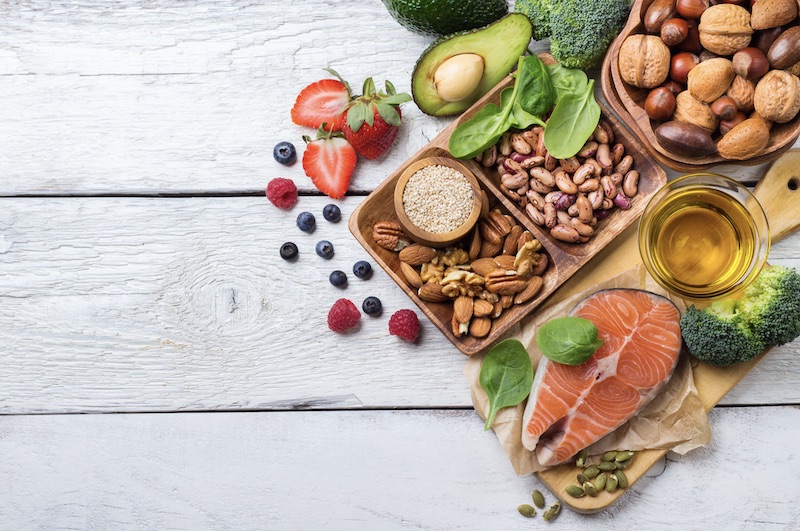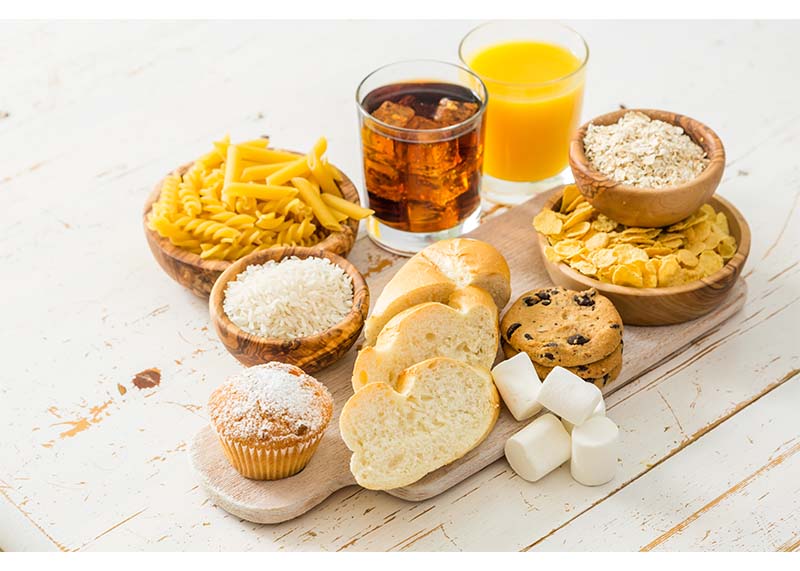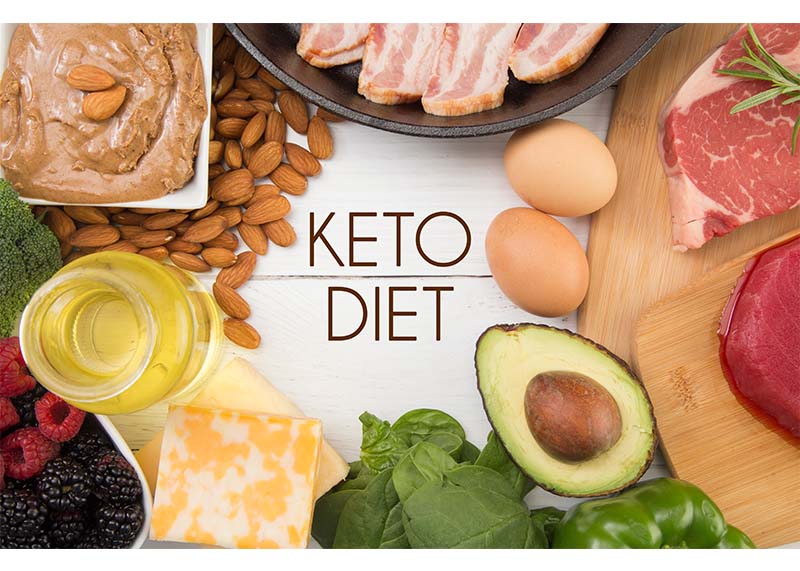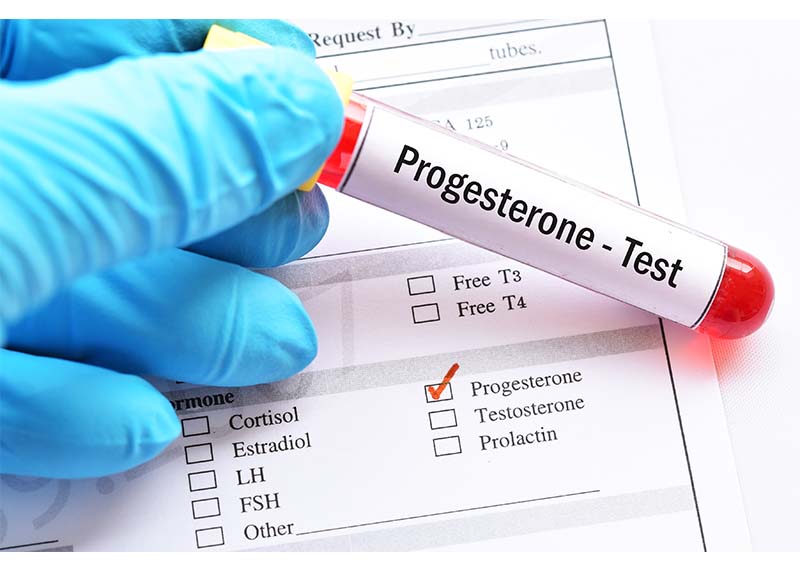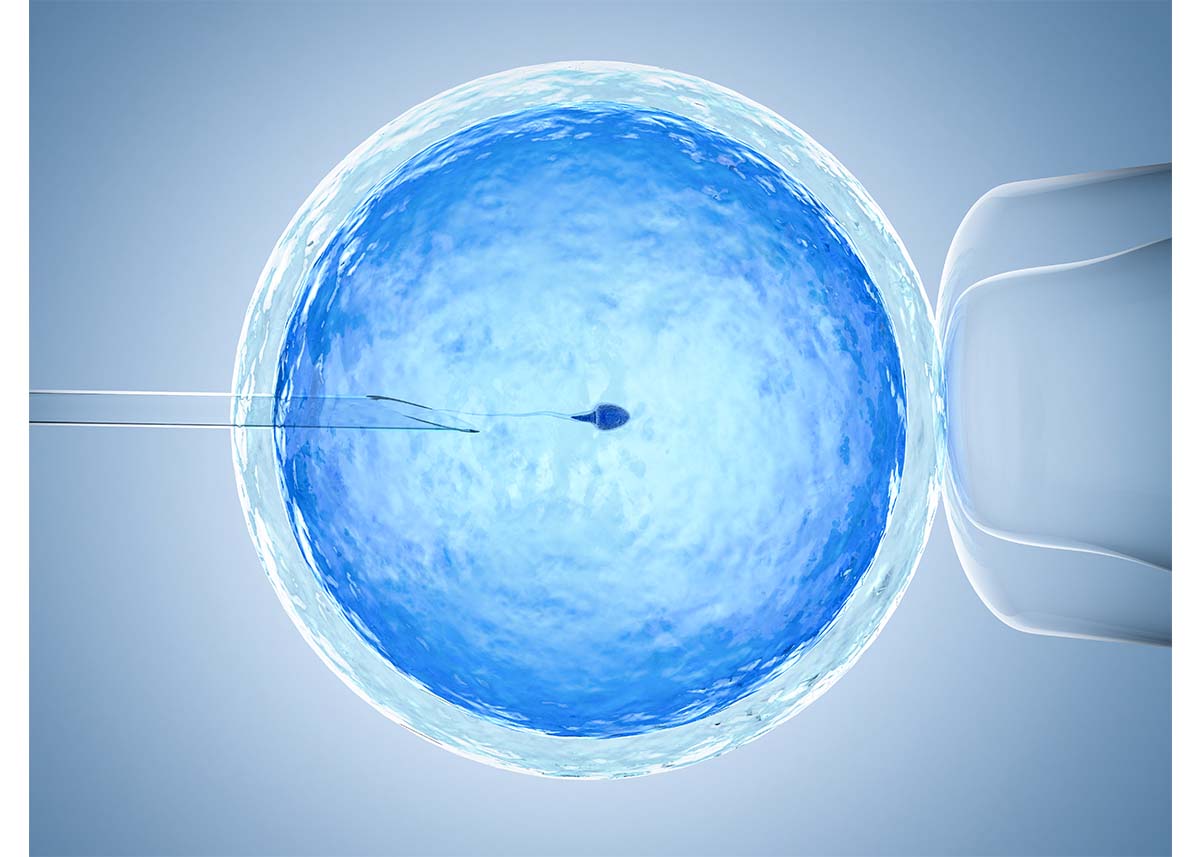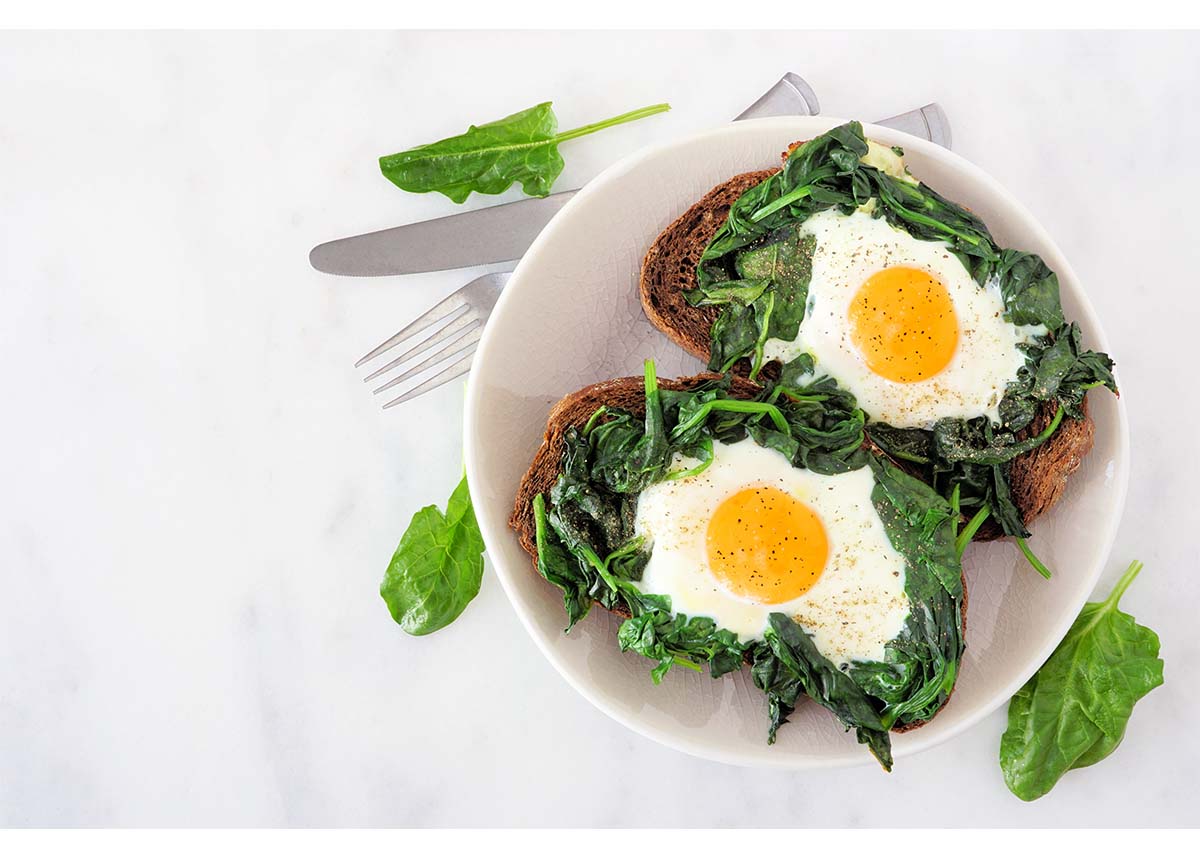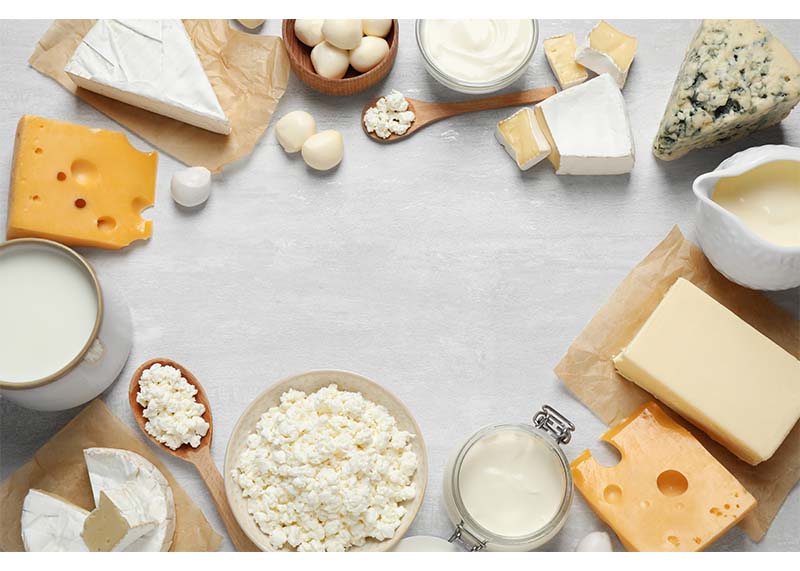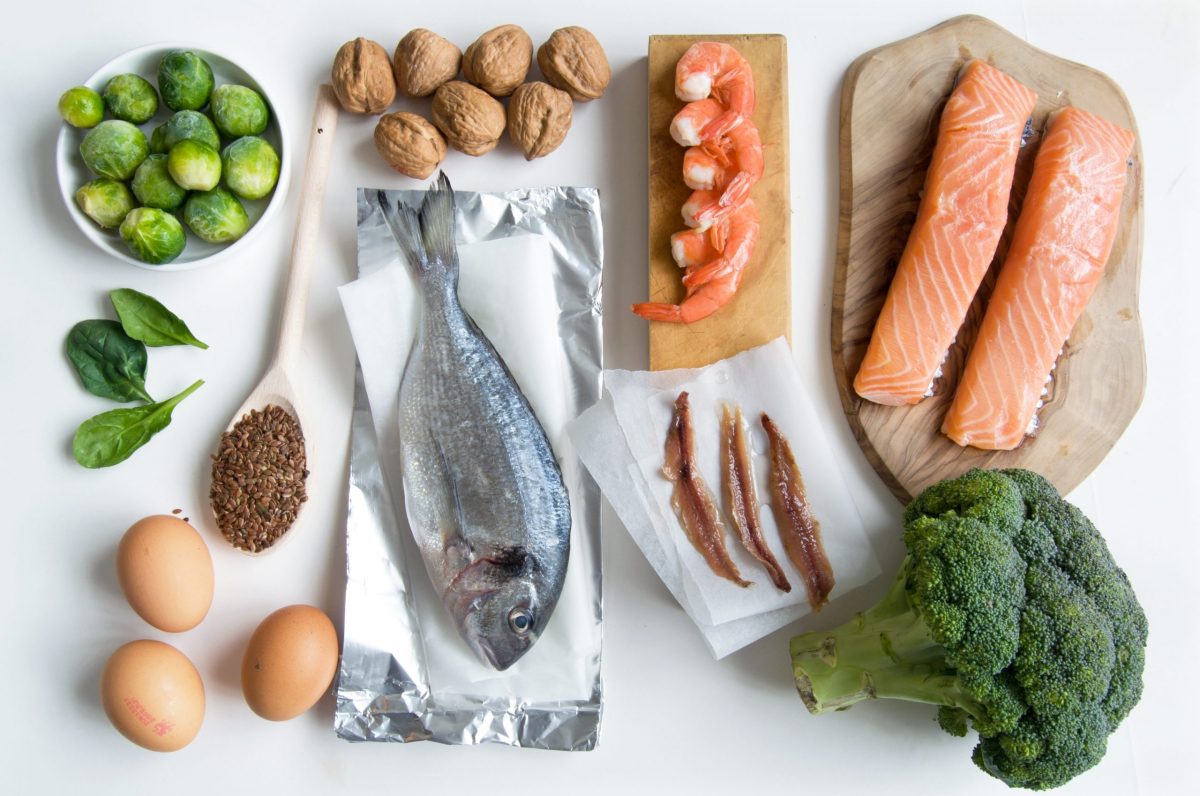Collagen is made mainly from the abundance of three amino acids: glycine, proline, and hydroxyproline. Glycine has emerged as the amino acid superstar with an expansive reach of benefits to the body, including its role in immunity.
The COL1A1 gene produces the alpha 1 chain of type I collagen (approximately 90% of collagen in the body is Type I ) found in the skin, tendons, corneas, lungs and in 95% of bone. The CC genotype for COL1A1 produces less type I collagen and has been associated with an increased risk of cruciate ligament ruptures (like ACL injuries) and shoulder dislocations.
Gene: COL1A1 rs1800012
Report Section: Cardiovascular Health and Exercise Performance
Clinically Significant Genotype: The CC genotype
Ancestral Backstory
When we look back to many hunter-gatherer or farming ancestor’s meat-eating habits, what do we find? Nothing was wasted. They utilized every part of the animal. The focus on only eating lean meats is a much more recent phenomenon that got started in the mid-1900s from the fear of dietary cholesterol. When we only eat muscle meats and neglect the organ meats, bone broth, gelatin, skin, and other collagenous material, we are neglecting 50% of the nutrition.
It has been hypothesized that deficiencies in glycine would have affected immunity and been problematic for populations that faced infectious disease epidemics, including their ability to repopulate due to higher glycine requirements during pregnancy. Anthropological history has shown that when the ability to hunt, gather and farm nutritionally dense plants and animals is diminished by war, colonization and cultural destruction, so does the ability to recover from an epidemic.
Testing for the COL1A1 gene has been dominated by European populations, and approximately 95% of this population has the CC genotype. For the 4-5% that carry the A allele in this population, it is currently unknown why such a small selection increased endogenous collagen production and dramatically reduced the risk of tendon and ligament injuries. COL1A1 is one of four collagen genes, and researchers believe these variants are fairly new migration adaptations. Until we have more populations tested around the world, we can only speculate on the A allele.
Connection to Immunity
Type I collagen is also a major structural protein in the lung and is stimulated during certain inflammatory reactions in the lung. In adult respiratory distress syndrome (ARDS), the need for type I collagen increases further.
A lack of glycine creates a high methionine / low glycine balance, which systemically affects health, including collagen production and immunity. The COL1A1 CC genotype could point towards the need for a higher pool of both glycine and vitamin C for Type 1 collagen production and glutathione to maintain optimal levels of each to protect the lungs.
Glycine concentrations have consistently been found to be lower in those with obesity, Non-Alcoholic Fatty Liver Syndrome (NAFLD), and Type 2 diabetes. All three health conditions are at a higher risk for COVID-19 severity.
Glycine an amino acid superstar for many reasons. Here are a few:
- Glycine is one of the three major amino acids for glutathione production, protecting the body from oxidative damage during the immune response, and supporting T-cell proliferation
- Glycine, proline, hydroxyproline, vitamin C and B6 are the major constituents of collagen production
- Improves DNA and RNA integrity
- Improves sleep quality
- Strengthens tendons
- Produces creatine for muscle strength
- Reduces inflammation
- Stimulates stomach acid (low stomach acid is a major reason for acid reflux)
- Protects the gut lining
- Delays the progression of cataracts
- May decrease HbA1C levels and blunt dietary AGE’s
- Increases the incretin hormone GLP-1, which assists the TCF7L2 gene (Digestion section) for blood sugar and potentially fat loss
- Protects against the toxic effects of alcohol
- Potentially preventative for melanoma
Do NSAIDs Affect Immunity and Collagen?
As we have learned, NSAIDs increase ACE2 receptor expression, the receptor found in the lower respiratory tract. The ACE2 receptor is a target of COVID-19, and the increase in ACE2 expression increases the risk of an aggressive infection. Other research has shown that NSAIDs increase complications with pneumonia even in young adults, and researchers strongly advise against the use of NSAIDs in the management of lower respiratory tract infections.
NSAIDs (and proton pump inhibitors for acid reflux) have been found to decrease vitamin C levels, which is one strike against NSAIDs affecting collagen synthesis and immune function. A 2019 meta-analysis found that the majority of studies (human, animal, in vitro) demonstrated that COX-2-selective inhibitors had a negative impact on soft-tissue healing. The NSAID aspirin and non-NSAID Tylenol were both found in a double-blind, placebo-controlled trial to suppress the antibody response, increase nasal symptoms and increase the duration of the common cold virus.
Aspirin contains salicylic acid which conjugates with glycine. One of the concerning side effects of aspirin includes a two-fold risk of gastrointestinal bleeding. Due to a huge percentage of your immune system being found in your gut, you want to protect it from injury. A hypothesis for why aspirin causes this damage has to do with glycine protecting the gut lining. When glycine was administered with salicylic acid, gastrointestinal complaints by volunteers decreased over two-fold.
Action Plan
- The COL1A1 CC genotype may increase the need for glycine, proline, vitamin C, healthy zinc/copper levels, and B6 for collagen production.
- Collagen protein, bone, or chicken broth that gelatinizes, gelatin, meat with the skin, ribs, shanks, and drumsticks are all ways to increase dietary glycine. Baobab is considered an exceptionally good source of plant-based glycine found in the hunter-gather Hazda diet.
- Glycine can be synthesized from serine and choline/betaine with the co-factors B6 and folate.
- Review medications that may be depleting vitamin C and B6, and focus on increasing both vitamin C and B6 foods. This is especially true for those with variants in the SLC23A1 (Digestion Section) gene for vitamin C levels and NBPF3 (Digestion Section) for B6 levels. Also, check your PEMT gene (Methylation section) to assess your choline and betaine requirements.
Sources
- http://journalofprolotherapy.com/the-acceleration-of-articular-cartilage-degeneration-in-osteoarthritis-by-nonsteroidal-anti-inflammatory-drugs/
- https://onlinelibrary.wiley.com/doi/full/10.1111/acel.12953
- https://www.ncbi.nlm.nih.gov/pubmed/26467133
- https://www.ncbi.nlm.nih.gov/pubmed/25948672
- https://www.ncbi.nlm.nih.gov/pmc/articles/PMC459559/
- https://www.ncbi.nlm.nih.gov/pubmed/27292783
- https://www.ncbi.nlm.nih.gov/pubmed/22293292
- https://www.ncbi.nlm.nih.gov/pubmed/25156668
- https://www.ncbi.nlm.nih.gov/pmc/articles/PMC4195924/
- https://www.ncbi.nlm.nih.gov/pmc/articles/PMC6627940/#sec5-nutrients-11-01356title
- https://www.sciencedirect.com/science/article/pii/S0888754307003114
- https://www.ncbi.nlm.nih.gov/pmc/articles/PMC5874849/
- https://www.ncbi.nlm.nih.gov/pmc/articles/PMC5350494/#sec5title
- https://www.thelancet.com/action/showPdf?pii=S2213-2600%2820%2930116-8
- https://www.ncbi.nlm.nih.gov/pubmed/31851037
- https://www.ncbi.nlm.nih.gov/pmc/articles/PMC6617416/
- https://www.ncbi.nlm.nih.gov/pmc/articles/PMC3086018/
- https://www.ncbi.nlm.nih.gov/pubmed/9344231
- https://www.ncbi.nlm.nih.gov/pubmed/14964343
- https://www.ncbi.nlm.nih.gov/pubmed/2172402
- https://www.ncbi.nlm.nih.gov/pmc/articles/PMC6627940/
- Gideon Mailer and Nicola Hale. Decolonizing the Diet: Nutrition, Immunity, and the Warning from Early America
- https://www.sciencedirect.com/science/article/pii/S0960982215005370#bib18
- https://www.ncbi.nlm.nih.gov/books/NBK507709/
Hit your health goals faster
We'll help you remove the guesswork
Experience the most advanced nutrigenomic test available, covering 100 clinically relevant genes for a "whole body" analysis. Take control of your health today.
$359
